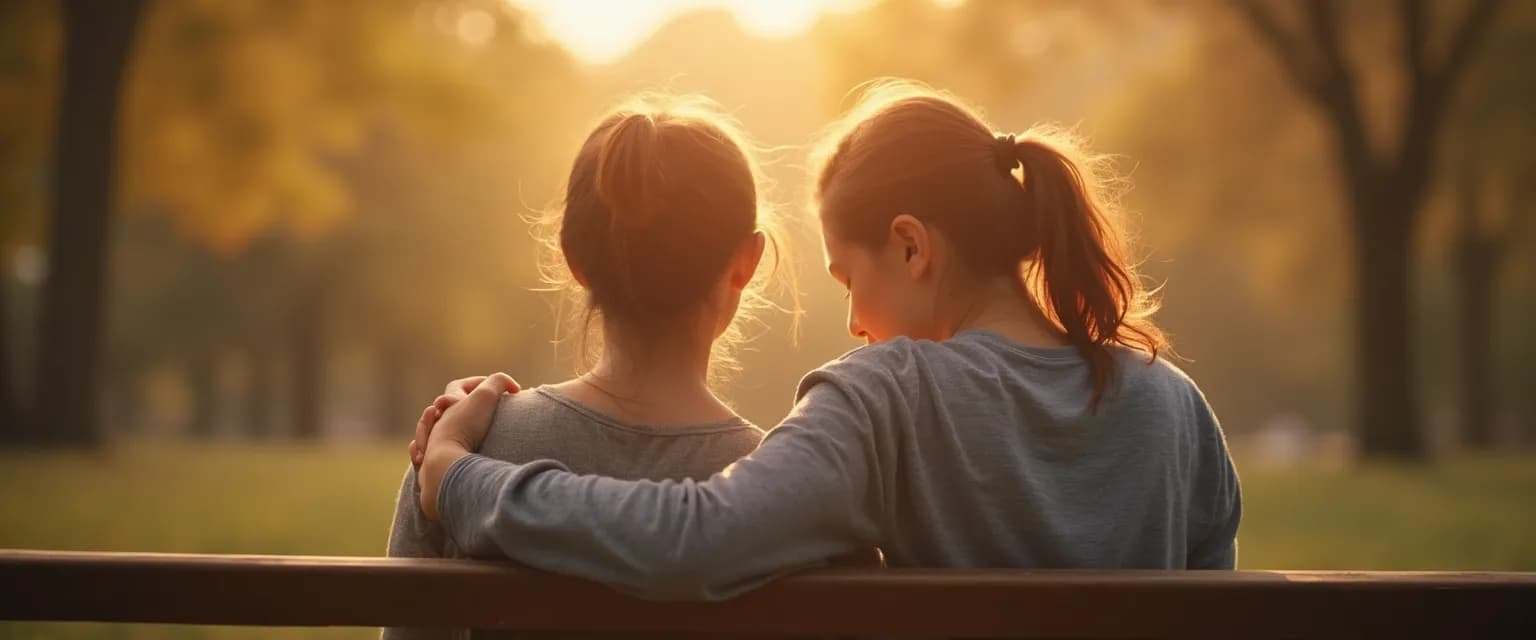What to Say to Someone When a Loved One Dies: Beyond Words of Comfort
Finding the right what to say to someone when a loved one dies often feels impossible. Those moments when grief hangs heavy in the air can leave even the most articulate people searching for words. But here's a comforting truth: authentic presence matters more than perfect phrases. When someone is navigating the fog of grief, they don't need eloquence as much as they need genuine connection. Your willingness to simply be there creates a safe space for emotional processing that words alone cannot provide.
The science behind grief shows that social support significantly impacts the healing journey. When considering what to say to someone when a loved one dies, remember that grief activates the brain's pain centers—the same areas that respond to physical discomfort. Your supportive presence actually helps regulate their nervous system during this overwhelming time. This biological reality explains why authentic connection matters more than finding the "perfect" condolence phrase.
Most people struggle with what to say because they're afraid of saying the wrong thing. The good news? Simply acknowledging this difficulty shows your authentic care. "I don't know exactly what to say, but I'm here" can be more meaningful than elaborate expressions that miss the mark.
What to Say to Someone When a Loved One Dies: The Power of Listening
When determining what to say to someone when a loved one dies, active listening becomes your most powerful tool. Creating space for grief expression means resisting the urge to fill silence with platitudes or quick fixes. Instead, simple acknowledgments validate their experience: "This is incredibly hard" or "I'm so sorry you're going through this" recognize pain without attempting to minimize it.
Effective what to say to someone when a loved one dies strategies center on validation rather than solution-finding. Phrases like "Your feelings make complete sense" or "It's okay to not be okay right now" create permission for authentic grief. This validation helps the brain process difficult emotions rather than suppressing them, which research shows leads to healthier long-term outcomes.
Equally important is knowing what to avoid when someone is grieving. Well-intentioned phrases like "They're in a better place" or "Everything happens for a reason" often minimize pain rather than comfort. Instead of seeking what to say to someone when a loved one dies that will "fix" their grief, focus on acknowledging their emotional experience without judgment. Remember that grief isn't a problem to solve—it's an experience to witness with compassion.
Beyond Words: Actions That Show Support When a Loved One Dies
Sometimes the best what to say to someone when a loved one dies isn't about words at all—it's about showing up with practical support. Small gestures like dropping off meals, handling errands, or simply sitting together in comfortable silence demonstrate care more powerfully than words. These actions create tangible evidence of your support when grief makes it difficult to process verbal expressions.
The timing of your support matters too. While many people offer help immediately after a death, grief doesn't follow a neat timeline. Checking in weeks or months later, when others have returned to their routines, shows exceptional awareness. This ongoing connection addresses the loneliness that often accompanies later stages of grief.
Non-verbal communication techniques—a gentle hand on the shoulder, maintaining eye contact, or simply nodding in understanding—can convey compassion when words fall short. These physical cues activate the brain's social connection systems, providing comfort during emotional distress that transcends language.
Finding Your Authentic Voice When Words Fail After a Death
Personalizing your approach based on your relationship creates more meaningful support. What to say to someone when a loved one dies depends on your shared history—a close friend might appreciate memories of their loved one, while an acquaintance might prefer simple acknowledgment of their loss. This customized approach honors the unique nature of each grief journey.
Creating a supportive environment means making space for all emotions—not just sadness but also anger, confusion, or even moments of unexpected laughter. By allowing this full spectrum, you communicate that all reactions are valid parts of healing. Remember, knowing what to say to someone when a loved one dies isn't about having all the answers—it's about showing up with an open heart and genuine presence that says, "You're not alone in this."




